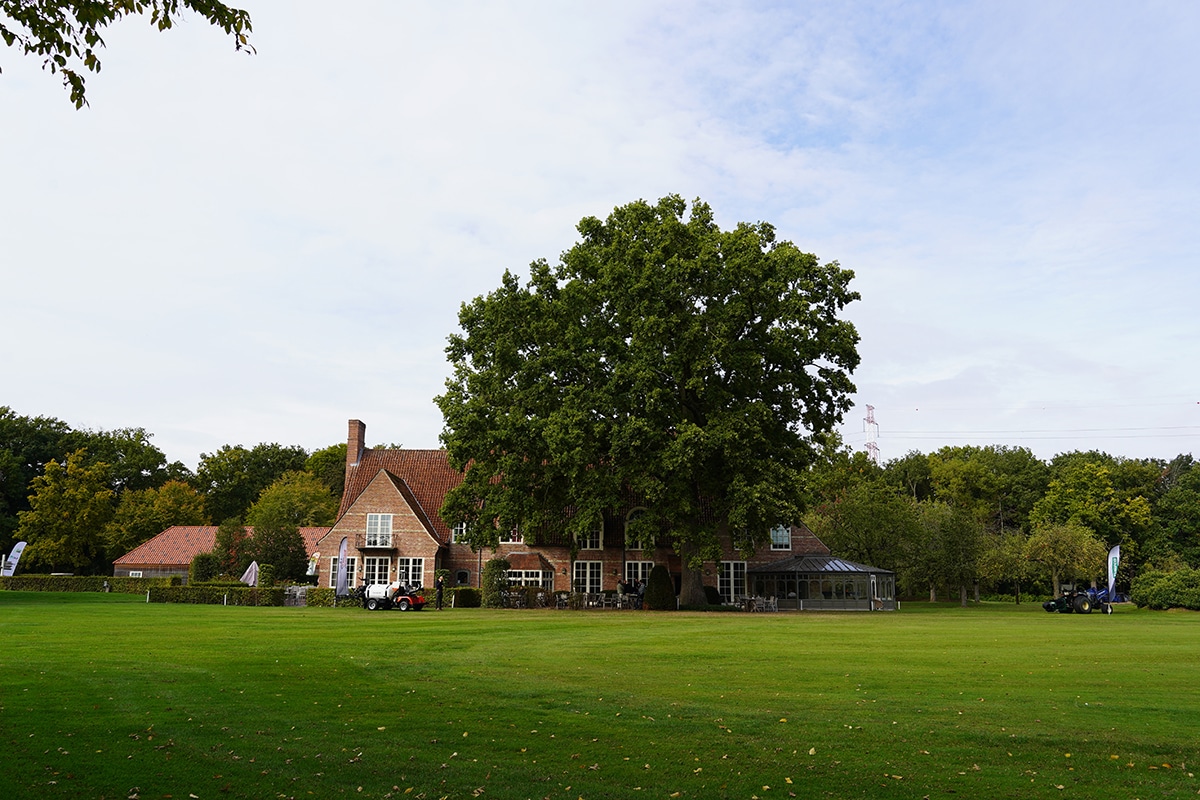
Flemish Construction Confederation supports 'Natural Gardens' project
Growing support further benefits from incentives, sensitization and safeguarding property rights. The cooperation of property owners to use their gardens for greater biodiversity and water-robustness helps preserve the value of their property.
Flemish Minister of Environment Zuhal Demir has highlighted her blue deal several times this year, which includes an arsenal of half a billion euros worth of measures. This is to make Flanders more resilient to both drought and flooding. Experts are increasingly underlining the role of our gardens, which should not be underestimated. The potential of household gardens was demonstrated once again recently, when nearly 70,000 Flemish people participated in the bird counting weekend.
"Ten percent of what is green in Flanders, those are our gardens. Only three percent of what is green in Flanders is protected nature reserve. So actually our gardens are more important for birdlife than many other areas," Michael Pas said on the VRT program De Afspraak, as ambassador of bird counting weekend 2021.
Free plot of 100 m²
Not surprisingly, in late January, Minister Demir increased forest planting subsidies and broadened the criteria. Private individuals with a free plot of 100 m² are also eligible. The Flemish Construction Confederation has long supported such measures that reach out to families and owners to make Flanders more climate- and water-robust. For example, the VCB is also putting its weight behind the green deal "Natural Gardens.
Marc Dillen, director general of the VCB: "Families, private individuals and entrepreneurs are collectively the owners of a considerable area of gardens and plots in Flanders. They can be found more than willing to participate in more greenery, greater biodiversity and better infiltration of water into their environment. Their willingness to invest in a climate-smart environment in the short and long term depends to a very large extent on the legal certainty that the government offers to owners and which determines the value of family homes and plots of land. In doing so, the government must also emphasize the importance of temporary green space on building land, such as vacant industrial sites, and provide the necessary guarantees. This temporary nature is important if the existing zoning still offers development opportunities. But even when this is not the case, the government should provide guarantees that greening will preserve the existing residential function. After all, it is crucial to ensure legal certainty and avoid loss of value of plots."




